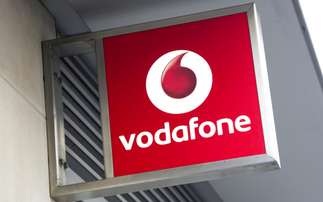MPs unimpressed by flat investment spending at BT as it takes £1.7bn of public money for broadband rollouts
BT has been ordered to get its act together or risk break-up in a report by MPs published this morning that accuses the company of a lack of transparency in its broadband and fibre rollouts that st...
To continue reading this article...
Join Computing
- Unlimited access to real-time news, analysis and opinion from the technology industry
- Receive important and breaking news in our daily newsletter
- Be the first to hear about our events and awards programmes
- Join live member only interviews with IT leaders at the ‘IT Lounge’; your chance to ask your burning tech questions and have them answered
- Access to the Computing Delta hub providing market intelligence and research
- Receive our members-only newsletter with exclusive opinion pieces from senior IT Leaders



















